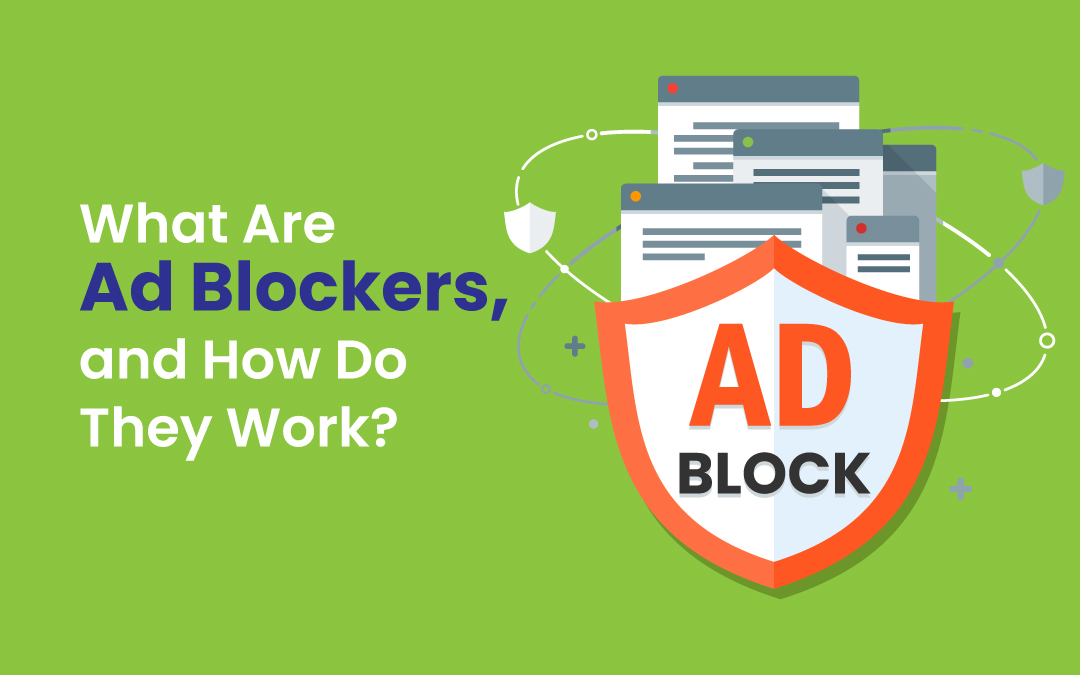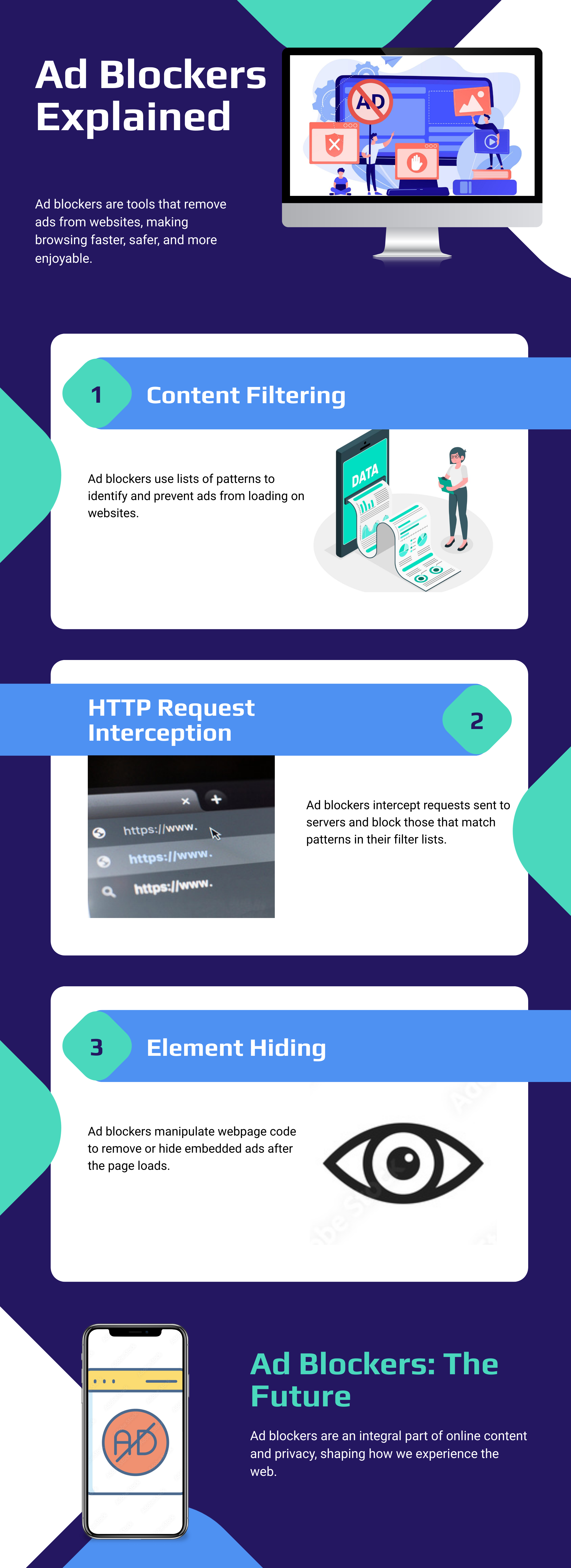
Imagine a world where you can browse the internet uninterrupted—no pop-ups, no autoplay videos, and no endless banners flashing at you. Sounds like a dream, right? This is the reality ad blockers promise. These tools have become essential for many, offering a cleaner, faster, and more private online experience. But what exactly are ad blockers, and how do they work their magic? Let’s dive in.
What Are Ad Blockers?
Ad blockers are software tools or browser extensions designed to filter out advertising content from websites. Whether it’s a standalone app or a feature built into your browser, their primary goal is to enhance the user experience by removing intrusive ads. Popular browsers like Chrome, Firefox, and Safari offer various ad-blocking options—some are even integrated into the browser itself.
But ad blockers do more than just improve convenience. They act as a shield, protecting users from malicious ads that could carry malware or compromise privacy. In essence, they’re like the bouncers of the digital world, ensuring only safe and relevant content makes it to your screen.
How Do Ad Blockers Work?
The technology behind ad blockers might seem complex, but the process can be broken down into a few key steps:
- Content Filtering: Ad blockers use lists known as "filter lists", which contain patterns of ad-serving domains and scripts. These lists help the blocker identify and prevent unwanted content from loading.
- HTTP Request Interception: Every time you load a webpage, your browser sends multiple HTTP requests to servers to retrieve content like images, videos, and scripts. Ad blockers intercept these requests and block those matching patterns in their filter lists.
- Element Hiding: Some ads are embedded directly within a webpage’s content. Ad blockers can manipulate the web page’s code to hide or remove these elements after the page has loaded.
- Machine Learning and Heuristics: To counter increasingly sophisticated ad strategies, some ad blockers use machine learning to identify new ad formats not covered by traditional filter lists. This keeps the tool effective as the advertising landscape evolves.
Why Use Ad Blockers?
The benefits of ad blockers extend far beyond a clutter-free screen. Here are some key advantages:
- Faster Browsing: By blocking ads, ad blockers reduce the amount of data a webpage needs to load, significantly improving browsing speeds—especially on ad-heavy websites.
- Reduced Data Usage: For mobile users, ads can consume a surprising amount of bandwidth, particularly video ads. Ad blockers help conserve data, making them invaluable in areas with limited connectivity.
- Enhanced Privacy and Security: Many ads are embedded with trackers that monitor your online behavior. Ad blockers limit these intrusions, providing an additional layer of security against malware and phishing schemes.
The Flip Side: The Ethics of Ad Blocking
While ad blockers improve individual browsing experiences, they pose challenges for content creators and publishers who rely on ad revenue. Free content on the web is often funded by advertisements, and blocking these ads can strain the financial model of many websites.
In response, some publishers have implemented paywalls, “ad walls”, or other measures to encourage users to disable their ad blockers. Meanwhile, advertisers are working on creating less intrusive, more user-friendly ad formats to strike a balance between revenue generation and user satisfaction.
Striking a Balance
Using ad blockers brings up an ethical question: How do we balance our desire for an ad-free experience with supporting the content creators we enjoy? One way is to whitelist trusted sites or support them through subscriptions and donations. This ensures that valuable content can continue to thrive without relying entirely on intrusive ads.
Key Takeaways

Conclusion: The Future of Ad-Blocking
Ad blockers are more than just tools. They’re part of a broader conversation about the future of online content and user privacy. As technology evolves, so will the battle between advertisers and ad-blocking software.
Ultimately, the choice to use an ad blocker is deeply personal, reflecting your priorities as a digital citizen. By understanding how they work and considering the ethical implications, we can all navigate this digital tug-of-war with greater awareness. Whether you choose to embrace ad blockers or not, one thing is clear—they have changed the way we experience the web, and that change is here to stay.
To learn more about the best ad blockers, please visit our Top 10 Reviews page.
Share this post
Leave a comment
All comments are moderated. Spammy and bot submitted comments are deleted. Please submit the comments that are helpful to others, and we'll approve your comments. A comment that includes outbound link will only be approved if the content is relevant to the topic, and has some value to our readers.


Comments (0)
No comment